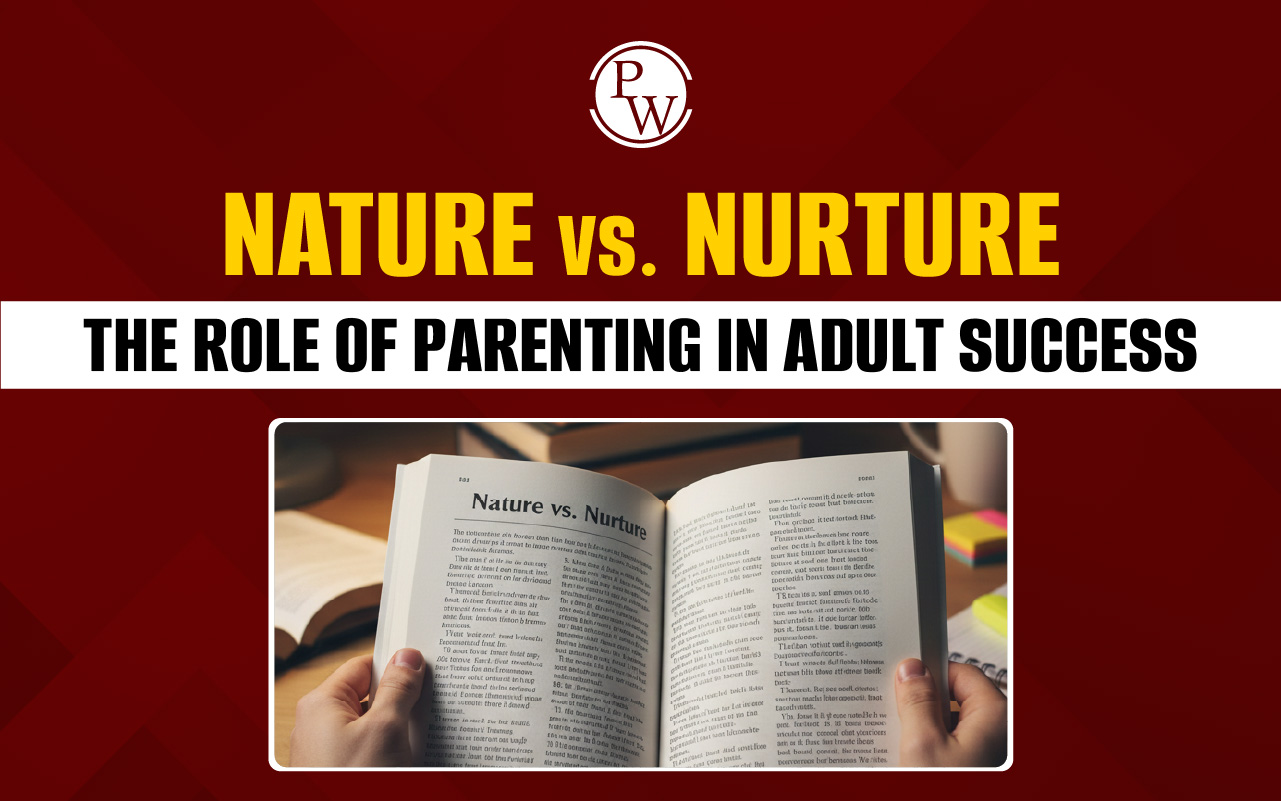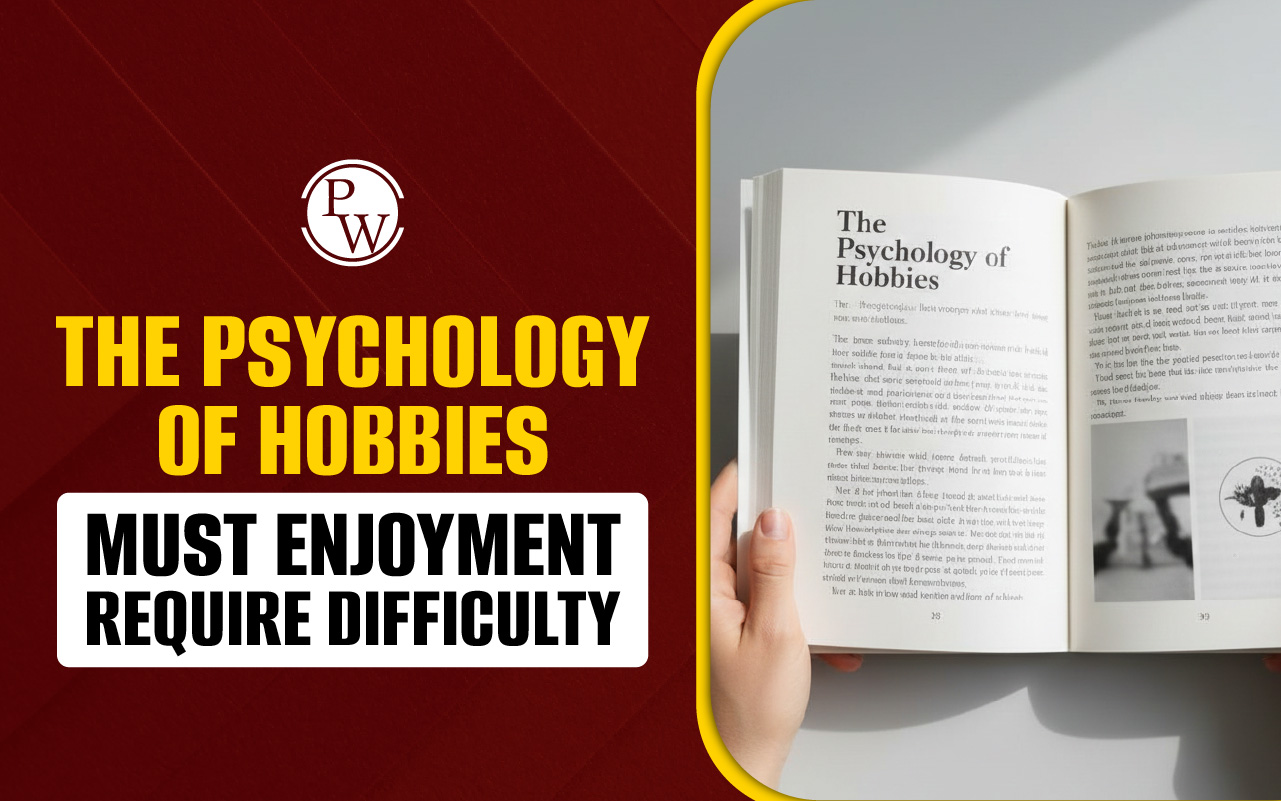
Collecting As A Hobby Reading Answer passage helps explain why people across the world pursue collecting as a lifelong passion. This Collecting As A Hobby Reading Answer highlights both the instrumental and psychological reasons behind the activity. The collecting hobby IELTS reading passage demonstrates how collections range from stamps, dolls, and postcards to rare fossils and engines.
Through the IELTS passage collecting as a hobby explanation, learners can understand motivations such as social connection, education, and individualism. This collecting as a hobby reading test also supports hobby collections IELTS reading solutions, linking well with IELTS Reading Topics, IELTS Reading Test Format, and IELTS Reading Band Score strategies.
Collecting As A Hobby Reading Passage
The IELTS Collecting As A Hobby Reading Answer with passage provides a detailed view of why collecting fascinates people worldwide. This collecting hobby IELTS reading passage is ideal for learners preparing for IELTS Reading Topics, IELTS Reading structure, and IELTS Reading multiple choice questions to improve their IELTS Reading Band Score.
Collecting as a Hobby Reading Passage
There are many forms of collecting that come with a technical name. An arctophile collects teddy bears, a philatelist collects postage stamps, and a deltiologist collects postcards. Gathering hundreds and thousands of postcards, chocolate wrappers, and others takes much time, energy, and money that will end up using your productivity. Although there are millions of collectors over there throughout the world. Why do they do it?
Some become collectors because they want to make money; that are meant as an instrumental reason for collecting, that is to an end. These collectors were looking for antiques that they could buy cheaply and sell for a profit. It has a psychological element too, buying cheap and selling it high gives them a triumphal feeling. Also, selling it online is easier, which makes most people join in.
Many become collectors to get into the social life, attend meetings with other collectors, and exchange facts about the collection. This is similar to joining a club or gym that gathers like-minded people and develops connections. Another motive to collect the items is the desire to find special items or any specific reason with the collected item like a rare recording of a famous singer.
Some people may spend their whole life hunting for rare or unique items. By seeing psychologically, it gives a purpose for one’s life or else it’s aimless. It also has a negative effect, if they only concentrate on what they look for instead of celebrating the success, they will end-up feeling empty which makes them lose focus on the goal.
If you think about the collection of postage stamps, the main reason and the result of collecting is, it gives educational value. Collecting postage stamps will give a great opportunity to know about the different countries, plants, animals or famous people that are in the stamps.
In the 19th century, many of them collected fossils, animals and plants across the globe. Those collections provided a great knowledge about the natural world. Only with those collections, our understanding towards it developed.
A popular form of collecting, trainspotting, was particularly made by boys and men in the past and even nowadays to some extent. It is something that involves exploring every locomotive of the particular type with the published data which is identified by each person, and checking off each engine after seeing it. These people exchange information through mobile phones these days, so they can plan accordingly to see a particular engine. As a by-product, they gain more knowledge about the railway operations or the technical aspects of each type of the engines.
Similarly, the doll collectors go beyond not only collecting, they develop an interest with the making of the dolls and the materials used in it. Back in the 16th century, in Europe the wooden dolls were standard, in later centuries it turned into wax and porcelain and now it became plastic. Also collectors are inspired in knowing how dolls reflect what children think or ought to like.
Not all collectors will be interested in learning from their hobby, though as a psychological reason it gives a sense of control and helps with dealing with insecurity. For instance, stamp collectors arrange their stamps in albums neatly and organise it based on certain principles such as countries in alphabetical order, or grouping it based on the people, birds, and so on.
It might be done consciously or not, the one reason why someone chooses to collect is to show their individualism. For instance, someone who decides to collect dog collars conveys that they themselves are interesting to know. Believe it or not, there is at least one dog collar museum that existed as it started as a personal collection.
It’s known that all hobbies give pleasure, but in collecting the common factor is passion. In collecting, people will get more personal satisfaction and also seek attention than performing any other hobbies, and here pleasure plays a mild role. For non-collectors it may look like an eccentric way of spending time, but really collecting involves a lot in it.
Collecting As A Hobby Reading Sample Questions
Sample questions on IELTS Collecting As A Hobby Reading Answer help candidates practice effectively. Through the IELTS passage collecting as a hobby explanation, learners understand question patterns, IELTS Reading Question Types, and IELTS Reading Sentence Completion Questions, while applying hobby collections IELTS reading solutions to strengthen their strategy for the IELTS Reading Test Format.
| Sample Questions on IELTS Collecting As A Hobby Reading Answer | ||
| Question Type | Questions | Options / Answer Notes |
| True / False / Not Given | 1. An arctophile is someone who collects teddy bears. | True |
| 2. Many collectors only start because it is a free and costless hobby. | False | |
| 3. Trainspotting was once more popular among boys and men. | True | |
| 4. Collectors always celebrate their success before looking for new items. | False | |
| 5. Stamp collecting helps in learning about countries and famous people. | True | |
| Multiple Choice Questions | 6. What is the instrumental reason for collecting? | A. Social connection B. Selling items for profit C. Educational interest D. Entertainment → B |
| 7. Which of the following describes doll collecting? | A. Limited to wooden dolls B. Focus only on playing with dolls C. Interest in how dolls are made D. Ignoring doll materials → C | |
| 8. What negative effect is mentioned in the passage? | A. Collectors may feel empty if they only focus on searching. B. Collectors gain no knowledge from the activity. C. Collectors always lose money. D. Collectors never meet people. → A | |
| Sentence Completion | 9. Collecting postage stamps gives collectors an opportunity to learn about __________. | Different countries, plants, animals, or famous people |
| 10. The dog collar museum originally started as a __________. | Personal collection | |
| Matching Features | 11–13. Match the collector with the description. | Collectors → Description A. Trainspotters → Learn about railway operations B. Stamp Collectors → Organize albums by country C. Doll Collectors → Study materials used in making dolls |
IELTS Collecting As A Hobby Reading Answer With Passage
The IELTS Collecting As A Hobby Reading Answer with passage highlights key ideas from the text and tests comprehension. This collecting as a hobby reading test supports exam practice, offering hobby collections IELTS reading solutions that connect with IELTS Reading multiple choice questions, IELTS Reading topics, and tips on how to improve IELTS Reading Score.
| IELTS Collecting As A Hobby Reading Answer With Passage | ||
| Question Type | Questions | Correct Answer |
| True / False / Not Given | 1. An arctophile is someone who collects teddy bears. | True |
| 2. Many collectors only start because it is a free and costless hobby. | False (It takes time, money, and energy.) | |
| 3. Trainspotting was once more popular among boys and men. | True | |
| 4. Collectors always celebrate their success before looking for new items. | False (Some feel empty instead of celebrating success.) | |
| 5. Stamp collecting helps in learning about countries and famous people. | True | |
| Multiple Choice Questions | 6. What is the instrumental reason for collecting? | B. Selling items for profit |
| 7. Which of the following describes doll collecting? | C. Interest in how dolls are made | |
| 8. What negative effect is mentioned in the passage? | A. Collectors may feel empty if they only focus on searching. | |
| Sentence Completion | 9. Collecting postage stamps gives collectors an opportunity to learn about __________. | Different countries, plants, animals, or famous people |
| 10. The dog collar museum originally started as a __________. | Personal collection | |
| Matching Features | 11–13. Match the collector with the description. | A. Trainspotters → Learn about railway operations B. Stamp Collectors → Organize albums by country C. Doll Collectors → Study materials used in making dolls |
Guidance to PW IELTS Prep
IELTS Online Courses is a great initiative Physics Wallah took to help IELTS aspirants better prepare for the exam. Follow our below pages to learn more about the IELTS exam.| IELTS Reading Band Score | IELTS Listening Band Score |
| IELTS Speaking Band Score | IELTS Writing Band Score |
IELTS Collecting As A Hobby Reading Answer FAQs
What is IELTS Collecting As A Hobby Reading Answer about?
What type of IELTS Reading Questions come from this passage?
How does the collecting hobby IELTS reading passage help learners?
What is the main theme of Collecting As A Hobby Reading Test?
How can hobby collections IELTS reading solutions improve IELTS Reading Band Score?










